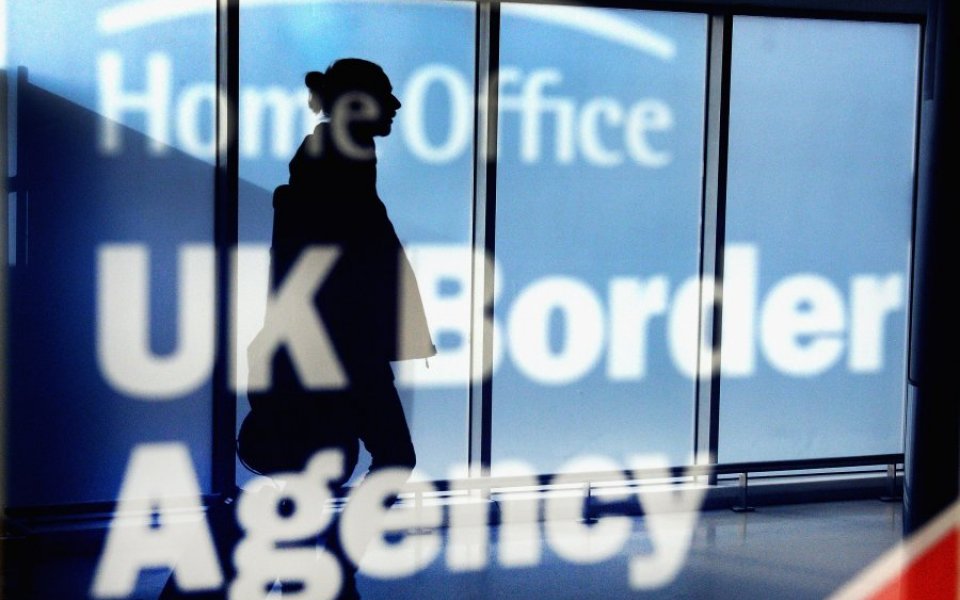Liberalising the UK’s migration policy could yield significant benefits for migrants and lead to a “brain gain” in developing countries

Britain’s immigration debate rarely discusses how migrants themselves are affected by coming to work here. We argue passionately over whether immigration has cost the average worker twenty pounds, or benefited her by forty pounds.
But these sums are trivial compared to the benefits of migration to the migrants themselves, and to their home countries. A worker from a poor country like Bangladesh who moves to Britain and does exactly the same job can make more than twenty times more in earnings.
Why? Because of institutions, mostly. These are things like democracy, the rule of law, relatively low and predictable taxes, and low corruption rates. All these things make it much easier and safer to invest capital in the UK and other developed countries, which in turn increases the productivity of labour.
Note that this isn’t because they’re taking existing jobs from natives. There’s very little evidence that this effect exists in the medium- or long-run, though in the short-run, countries like France with tight labour laws can experience some temporary unemployment from immigration.
Read more: Why are people coming to the United Kingdom?
In a new Adam Smith Institute report, we argue that these facts give us a clear way to reduce global poverty. Liberalising our migration policy in a way that is targeted to allow some of the world’s poorest people to come to work in the UK could yield significant income gains for those migrants.
This might seem far-fetched: doesn’t everyone want to reduce immigration? But we already spend 0.7 per cent of gross national income on official development aid, and most of us believe that if we can help reduce poverty abroad, we should – even if it costs us a little.
The problem is that much of the aid budget is not well spent. Direct health interventions and disaster relief seem to be excellent ways of helping people who need it, but money that goes through governments can be siphoned off by corrupt officials, and undermine the institutions of the receiving countries as governments become less answerable to their citizens.
But this is not a call to scrap the aid budget: it is a call to improve on it with a tool that has the potential to do much more good.
What we envisage is a target for additional workers from poor countries on temporary "guest worker" visas, to allow them to work for some period of time in the UK for employers who need more workers.
Read more: Immigration helps poor countries more than foreign aid
This could emulate New Zealand’s agricultural guest worker programme or, if we decided to let immigrants stay for longer, the US’s green card system, which awards 55,000 Permanent Resident Cards to randomly-chosen applicants from abroad every year. Concerns about social integration can be addressed by not taking a large number of workers from any single country or culture.
Critics argue that this would lead to a brain drain, where developing countries lose their most talented people to emigration. Well, maybe. The evidence looks more like countries that lose talented workers actually experience a "brain gain" as those workers send some of the money they’ve earned in the developed world to their families back home. Last year over $400bn was sent from the developed world to the developing world this way, about three times as much as was sent in development aid.
The UK already works hard to reduce poverty globally, but these efforts might not be as effective as what we’re proposing. Simply letting more of the global poor come to work in Britain could be as close to a miracle cure for poverty as we will ever find. The best way to improve people’s lives may be to let them lift themselves into something better.